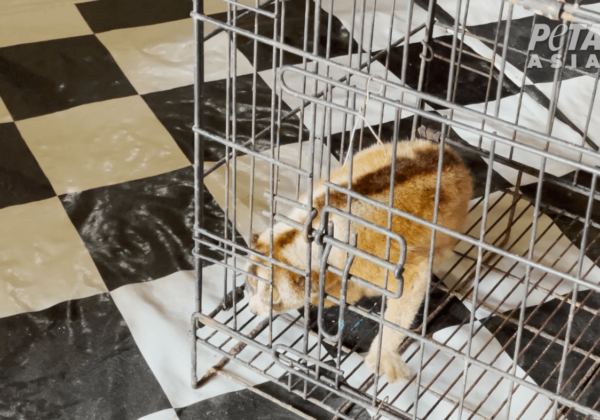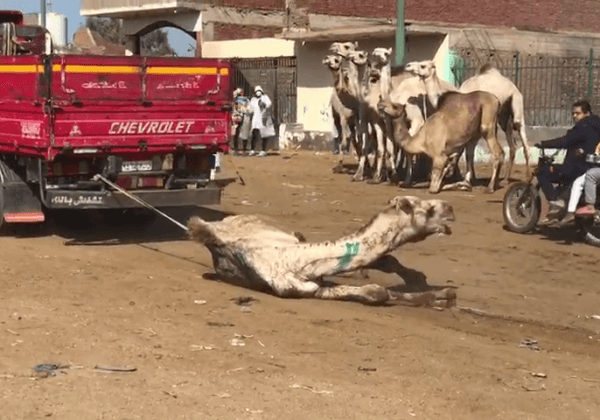Sri Lanka’s Shameful Elephant Abuse
Sri Lanka is a fast-growing holiday hotspot thanks to its stunning beaches, surf spots, and national parks, but this rapid increase in tourism means only more suffering for the country’s captive elephants.
Elephants used for tourist rides are typically kept tightly chained and alone from other elephants. Forced up and down the same busy roads day after day, these elephants are often worked to exhaustion in the sweltering heat – as soon as one group gets off, the next group gets on.
Tourists sit atop the elephant in a type of metal seat, called a howdah, which is strapped to the elephants’ delicate backs. Unlike humans, an elephant has sharp bony protrusions that extend upwards from their spine. This means that the heavy weight of tourists sitting on a howdah can cause permanent, agonizing spinal damage.
Sri Lanka's rapid increase in tourism means only more suffering for the country’s captive elephants. ☹ Always say NO to elephant rides. https://t.co/yXk4o6MCIF
— PETA Asia (@PETAAsia) August 8, 2018
Elephants like these live in fear of their handler, or mahout, who controls them using a bullhook, a spear-like instrument with a sharp hook that can be used to strike and injure the elephant.
As well as elephant rides, which are widely advertised across the country, other elephant attractions often use words such as “sanctuary” or “orphanage”, to dupe tourists into believing that they’re ethical. And yet these places chain the elephants, use bullhooks, and even offer elephant rides.
What Can You Do?
Until tourists stop paying to ride them, elephants will continue to face exploitation and abuse. If you’re visiting Sri Lanka, please refuse to ride elephants, avoid visiting any attraction that offers or endorses elephant rides, and steer clear of festivals in which elephants are paraded. This includes the Pinnawala Elephant “Orphanage”, Dehiwala Zoo, and Kandy Esala Perahera festival.
If you know someone who will be visiting Sri Lanka, please share this with them – the more people who know about the heartbreaking cruelty behind elephant rides, the sooner it will end.









